Advanced electromyography testing that pinpoints exactly what’s causing your numbness, tingling, or muscle weakness.
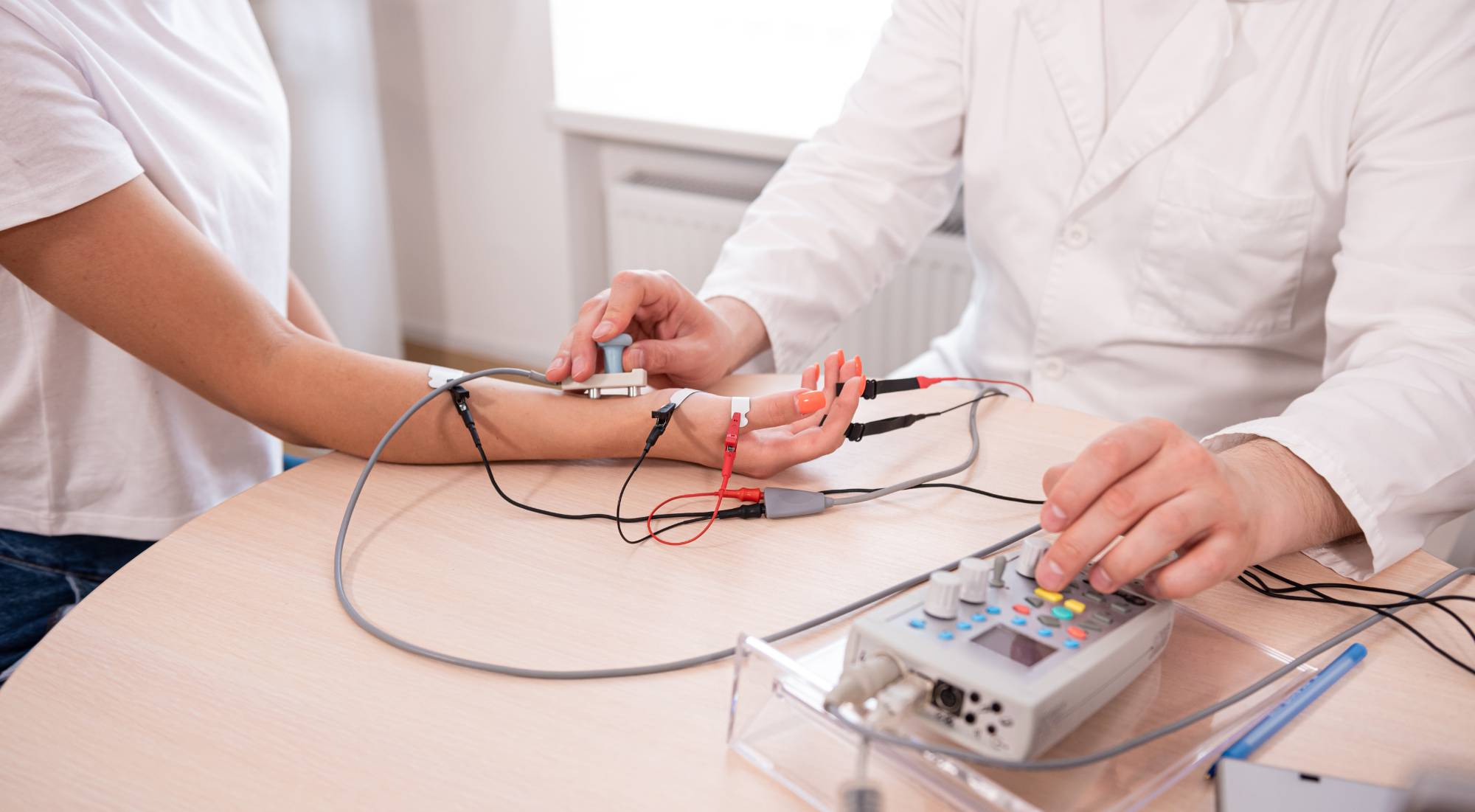
Reviews
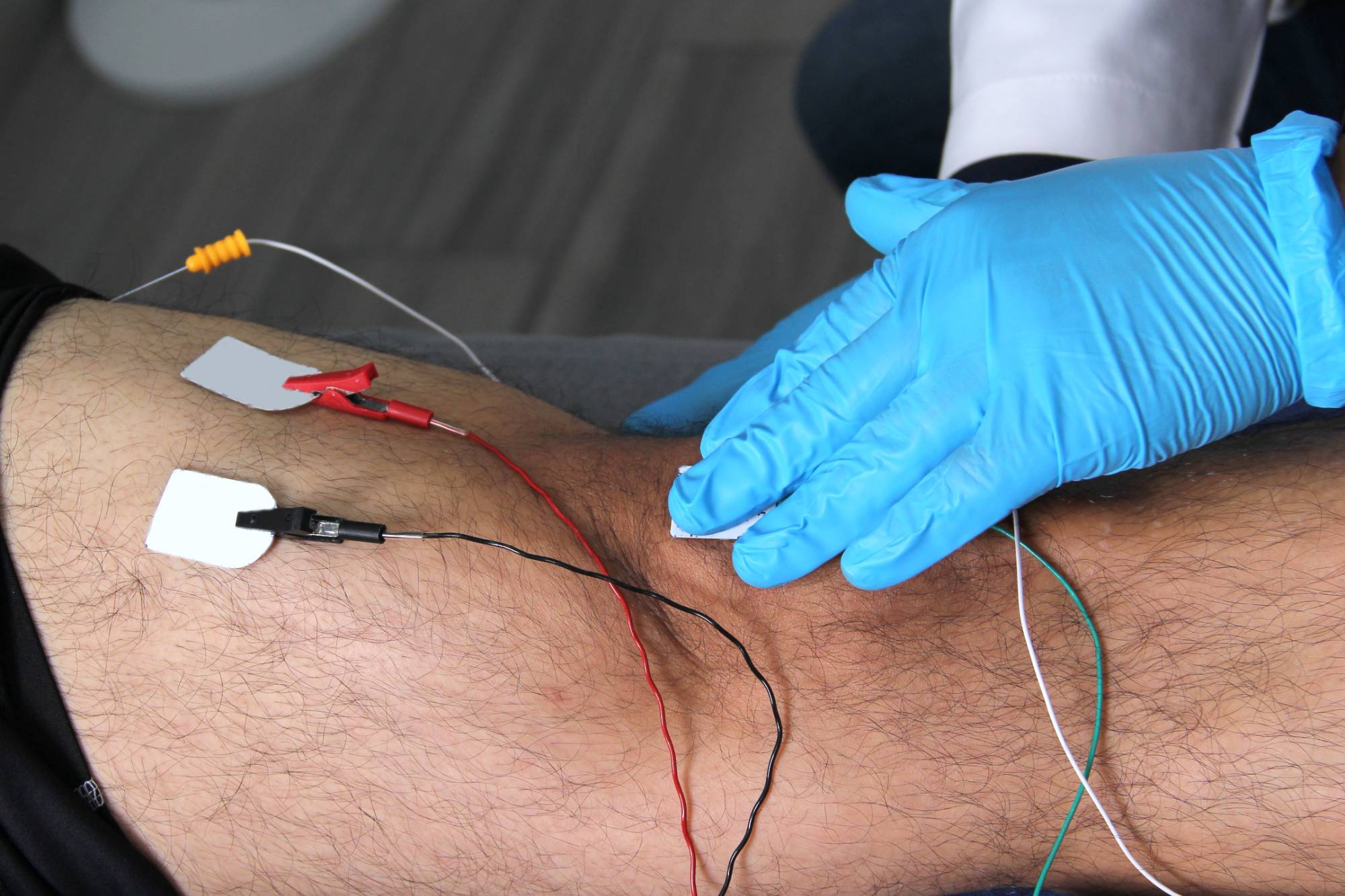
You’ve been dealing with unexplained symptoms long enough. That tingling in your hands, the weakness in your legs, the burning sensation that keeps you awake at night – you need real answers, not more guesswork.
EMG testing gives you those answers. This diagnostic test measures the electrical activity in your muscles and nerves, showing us exactly where the problem lies. No more wondering if it’s carpal tunnel, a pinched nerve, or something else entirely.
When you know what’s actually wrong, you can finally move forward with the right treatment. Instead of trying random therapies or living with uncertainty, you get a clear diagnosis that leads to targeted relief.
We’ve been serving the Linden-Park community for years, specializing in precise diagnostic testing for nerve and muscle conditions. Our board-certified specialists understand that getting an accurate diagnosis is the first step toward feeling better.
We’ve performed thousands of EMG and nerve conduction studies, helping patients finally understand what’s causing their symptoms. Our team knows how frustrating it is to live with unexplained pain or weakness, which is why we focus on clear, thorough testing that gives you definitive answers.
You’re not just another appointment to us. You’re someone who deserves to know exactly what’s happening in your body so you can make informed decisions about your care.
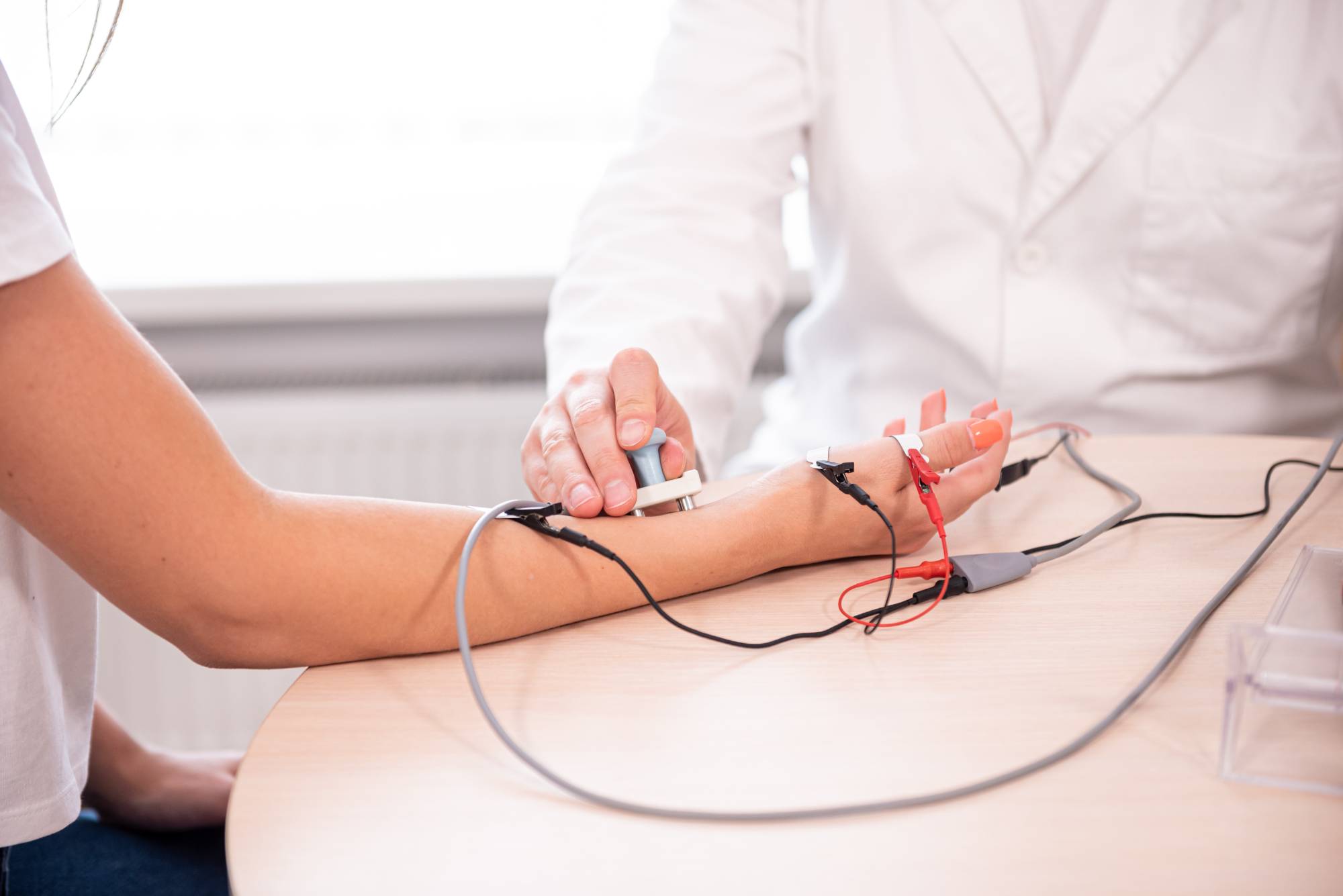
The EMG testing process is straightforward. First, we’ll discuss your symptoms and medical history to understand what we’re looking for. This helps us focus the test on the areas most likely causing your problems.
During the electromyography portion, we place small electrodes on your skin to measure muscle activity. You’ll be asked to contract certain muscles so we can see how they respond. The nerve conduction study involves mild electrical pulses to test how well your nerves transmit signals.
Most patients find the test less uncomfortable than they expected. The entire process typically takes 30-60 minutes, depending on how many areas we need to examine. You’ll get your results the same day, along with a clear explanation of what they mean for your condition and treatment options.
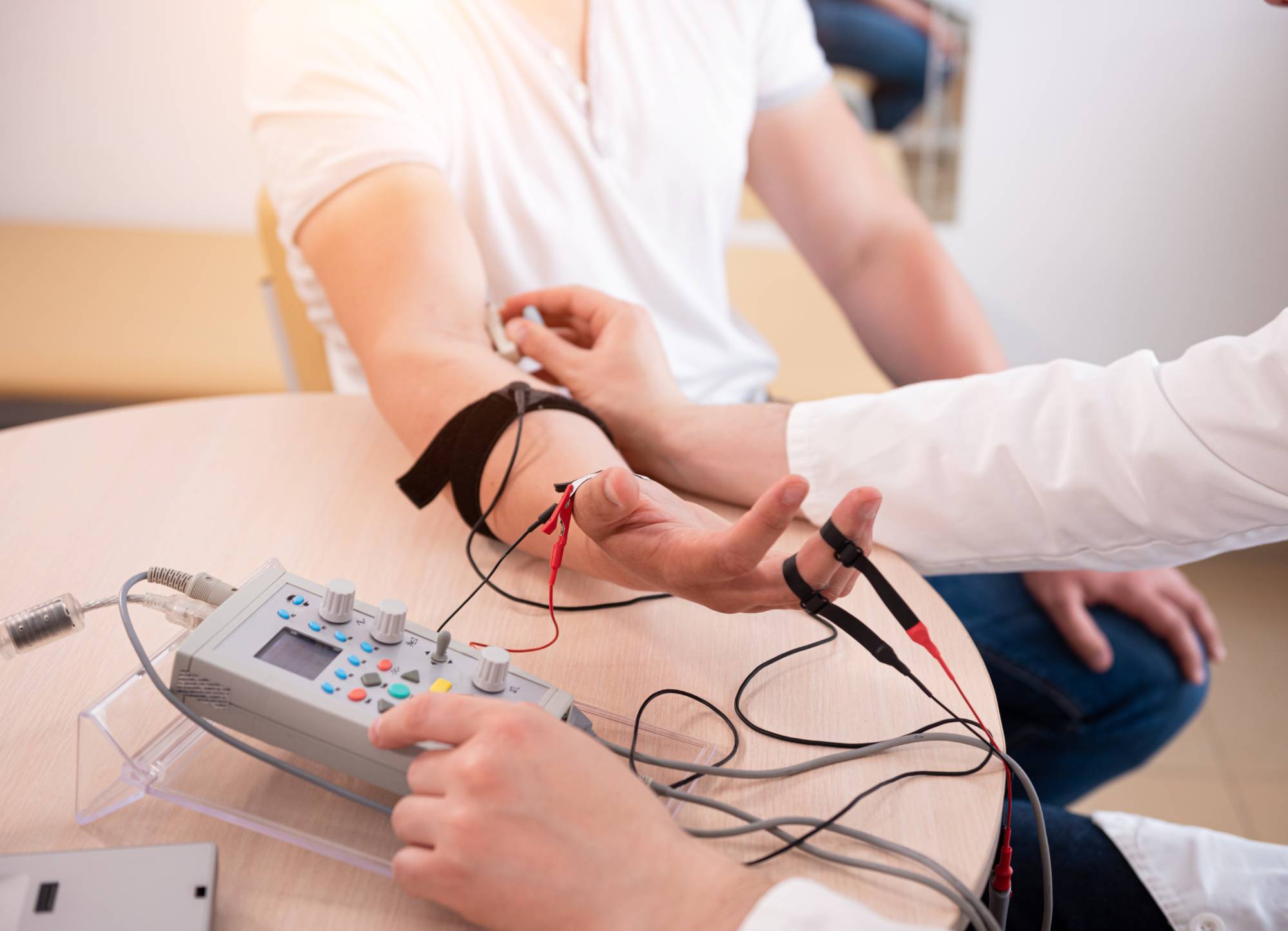
Ready to get started?
Our EMG testing includes both electromyography and nerve conduction studies for a complete picture of your neuromuscular function. We test multiple muscle groups and nerve pathways to identify exactly where problems exist and how severe they are.
You’ll receive detailed results that show muscle response patterns, nerve conduction velocities, and any areas of damage or dysfunction. We test for common conditions like carpal tunnel syndrome, sciatica, diabetic neuropathy, and muscle disorders that cause weakness or pain.
The testing is performed using advanced diagnostic equipment that provides precise measurements. Our specialists interpret every result in the context of your specific symptoms, ensuring you get an accurate diagnosis that leads to effective treatment planning.
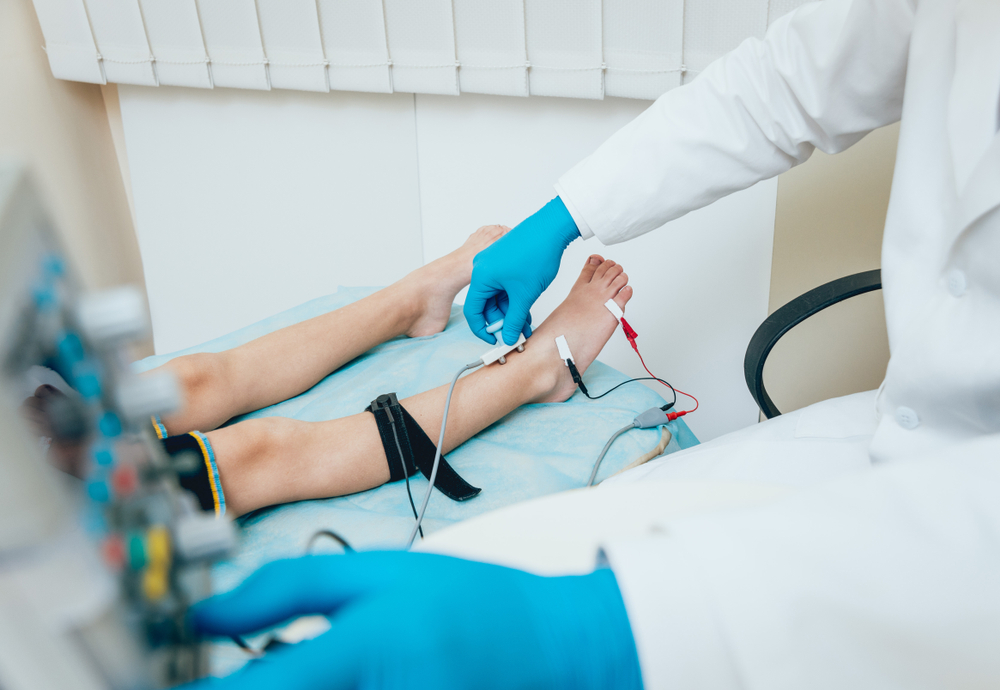
New York:
Florida:
Support